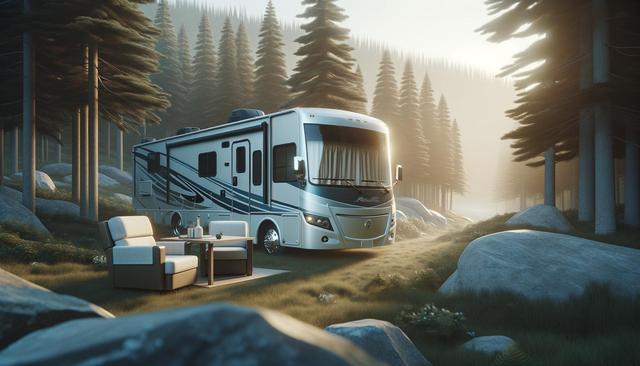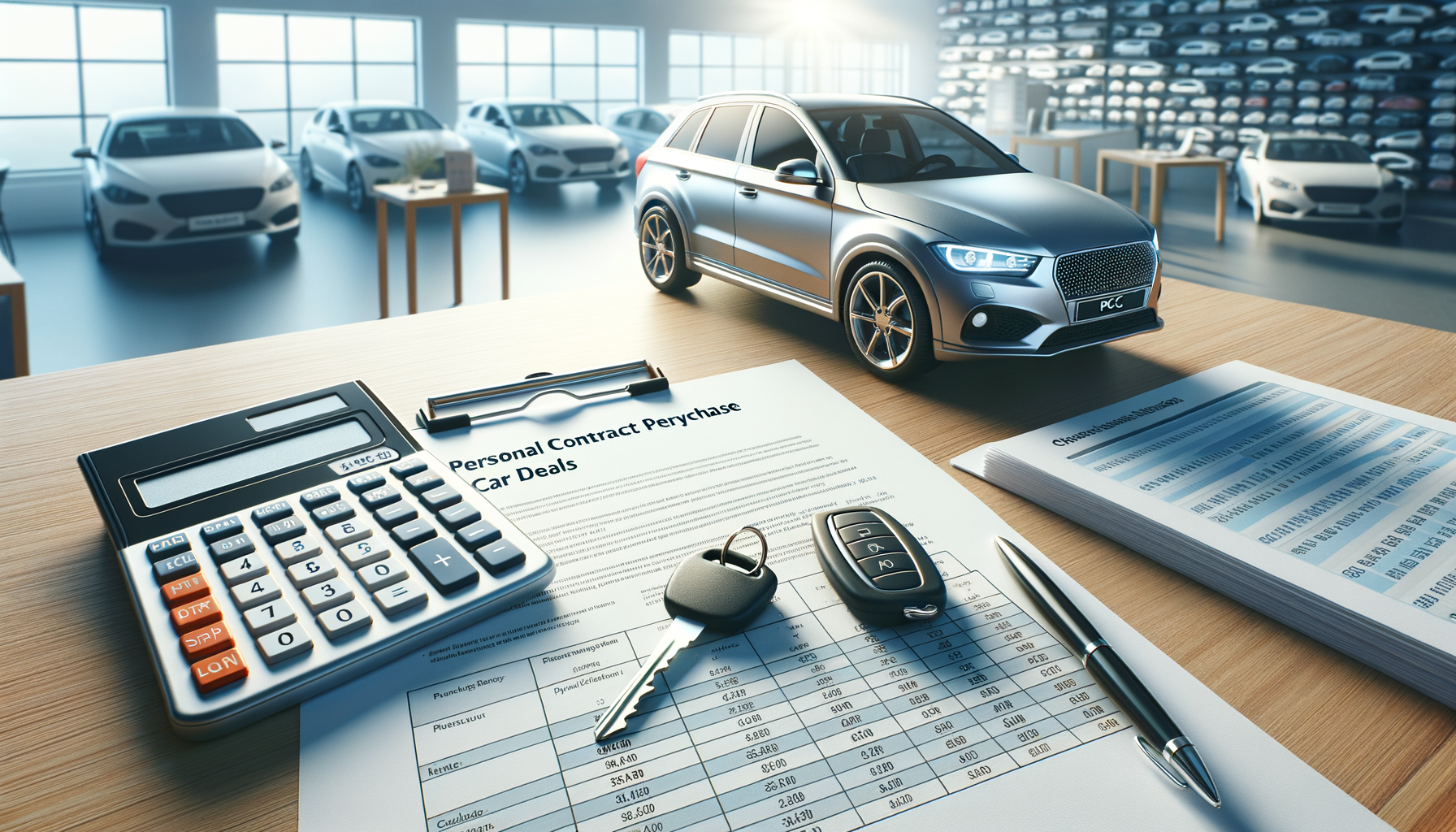Understanding Different Types of RV Campers
RV campers come in a variety of styles, each catering to different travel needs, budgets, and preferences. Understanding the distinctions between them is a crucial step in choosing the right one for your adventures. There are motorized RVs, which include Class A, B, and C motorhomes. These are self-contained vehicles that combine driving and living spaces. Towable RVs, such as travel trailers, fifth wheels, and pop-up campers, require a separate vehicle to tow them but often provide more flexibility in day-to-day use.
When selecting a type, consider the size of your travel group, your driving confidence, and your preferred destinations. For instance:
- Class A motorhomes offer spacious interiors and are ideal for extended stays.
- Class B camper vans are compact and easier to maneuver, great for solo travelers or couples.
- Travel trailers vary widely in size and are suitable for a range of towing vehicles.
Each type of RV camper brings unique advantages, from ease of use to storage capacity. It’s important to balance personal comfort with practicality to make the most of your investment.
What to Look for When Buying an RV Camper
Purchasing an RV camper involves more than just picking a model. It’s a long-term commitment that should match your lifestyle and travel goals. When evaluating options, start by establishing a realistic budget. Consider both the upfront cost and ongoing expenses like maintenance, insurance, and fuel.
Examine the build quality and layout of the camper. Pay attention to features such as:
- Sleeping capacity and bed configurations
- Kitchen amenities including stove, fridge, and storage
- Bathroom facilities and water capacity
- Heating and cooling systems
Don’t forget about the importance of storage—both for everyday items and long-term essentials. Also, test drive or tour various models, if possible, to get a real feel for space and usability. Whether you’re buying new or used, a thorough inspection is vital to avoid hidden issues and ensure a safe, comfortable experience on the road.
Essential Gear and Accessories for RV Living
Equipping your RV camper with the right gear can significantly enhance your travel experience. While many RVs come with built-in amenities, additional accessories can improve convenience and safety. Start with the basics: leveling blocks, water hoses, and electrical adapters are must-haves for setting up at campgrounds.
Other useful accessories include:
- Surge protectors to safeguard your electrical system
- Portable generators for off-grid camping
- Outdoor camping chairs and tables for relaxation
- Compact kitchen tools and storage solutions
Investing in quality gear not only increases comfort but also helps you stay organized and prepared. Depending on your travel plans, you may also want GPS systems designed for RVs, emergency road kits, and solar panels for sustainable energy use. Thoughtful preparation makes life on the road smoother and more enjoyable.
Planning Your RV Adventures
Once you’ve selected and outfitted your RV camper, it’s time to hit the road. Planning your adventures thoughtfully can lead to more fulfilling and stress-free experiences. Start by outlining your route and identifying RV-friendly campgrounds or parks. Many regions offer dedicated RV sites with hookups for water, power, and waste disposal.
Consider travel seasons and local weather conditions, as these can affect road safety and campsite availability. It’s also helpful to join RV travel communities or use apps that provide campground reviews, route suggestions, and maintenance tips. When organizing your schedule, allow time for:
- Rest breaks and sightseeing
- Refueling and grocery stops
- Unexpected detours or weather changes
Flexibility is key. Even well-planned trips can encounter delays, so having a backup plan ensures you stay comfortable and safe. Whether you’re heading to national parks or small-town festivals, informed planning makes every mile more enjoyable.
Maintenance Tips to Keep Your RV Camper Road-Ready
Regular maintenance is essential to keeping your RV camper in peak condition. Routine checks can prevent costly repairs and extend the lifespan of your vehicle. Start with basic inspections before each trip, including tire pressure, fluid levels, and brake function.
Key maintenance tasks include:
- Inspecting the roof and seals for leaks
- Cleaning and flushing water tanks regularly
- Checking the battery and electrical systems
- Lubricating moving parts like slide-outs and steps
In addition to DIY care, schedule annual inspections with a professional who understands RV systems. Keeping a maintenance log can help track services and identify recurring issues. With proper upkeep, your RV camper remains a reliable companion for all your road adventures.
Conclusion: Embrace the Freedom of RV Travel
RV campers offer a unique way to explore the world with comfort and flexibility. Whether you’re a weekend explorer or a full-time traveler, choosing the right RV, equipping it thoughtfully, and maintaining it well can turn every journey into a memorable experience. By understanding the various types, evaluating your needs, and planning effectively, you’re setting the stage for countless adventures. Embrace the freedom of the open road—your next destination is only a drive away.




Leave a Reply